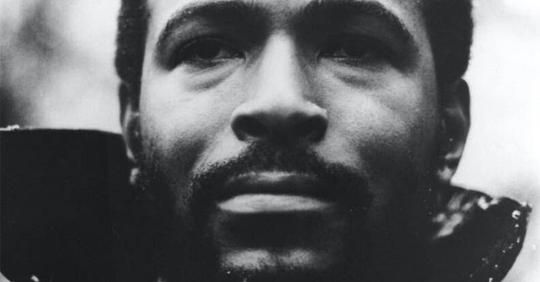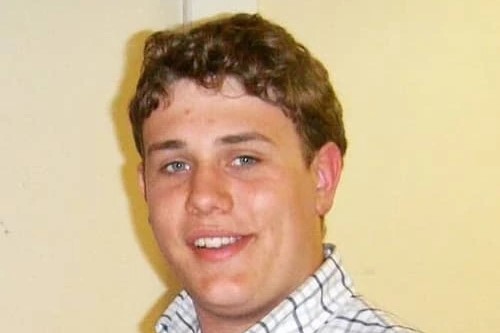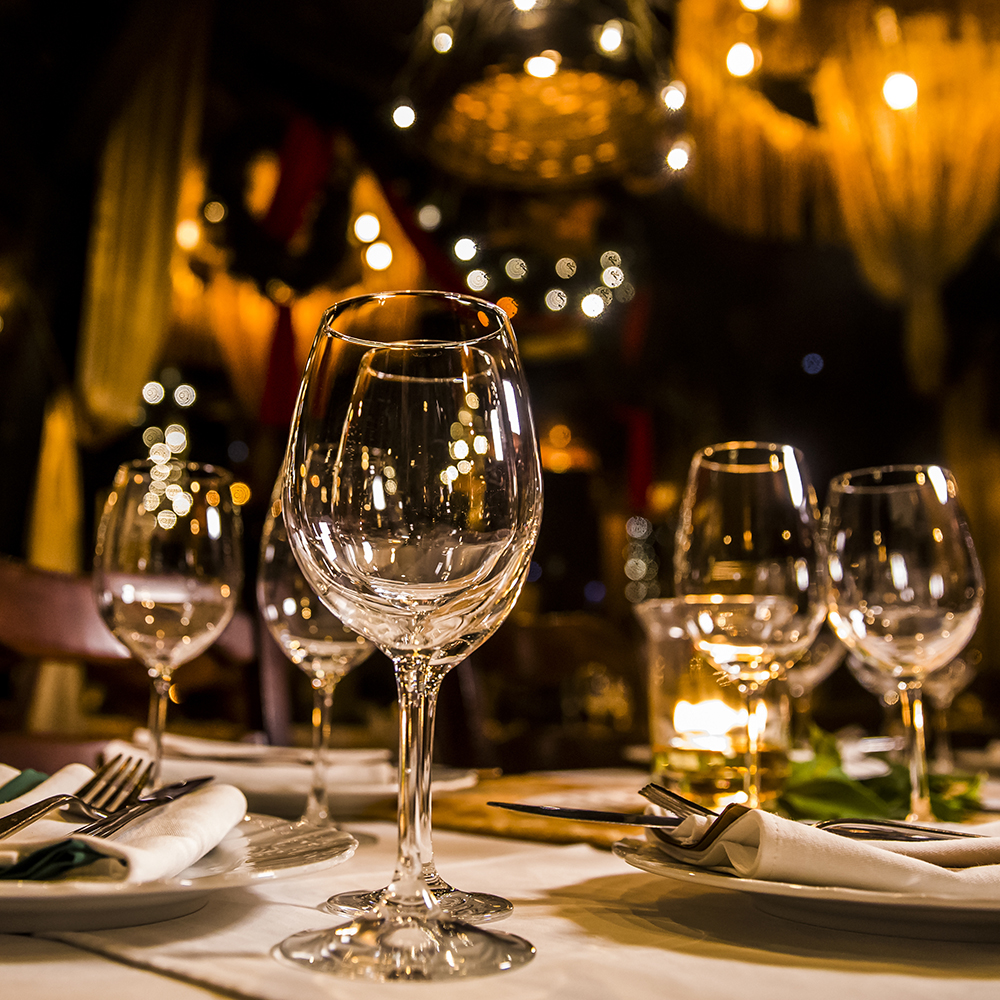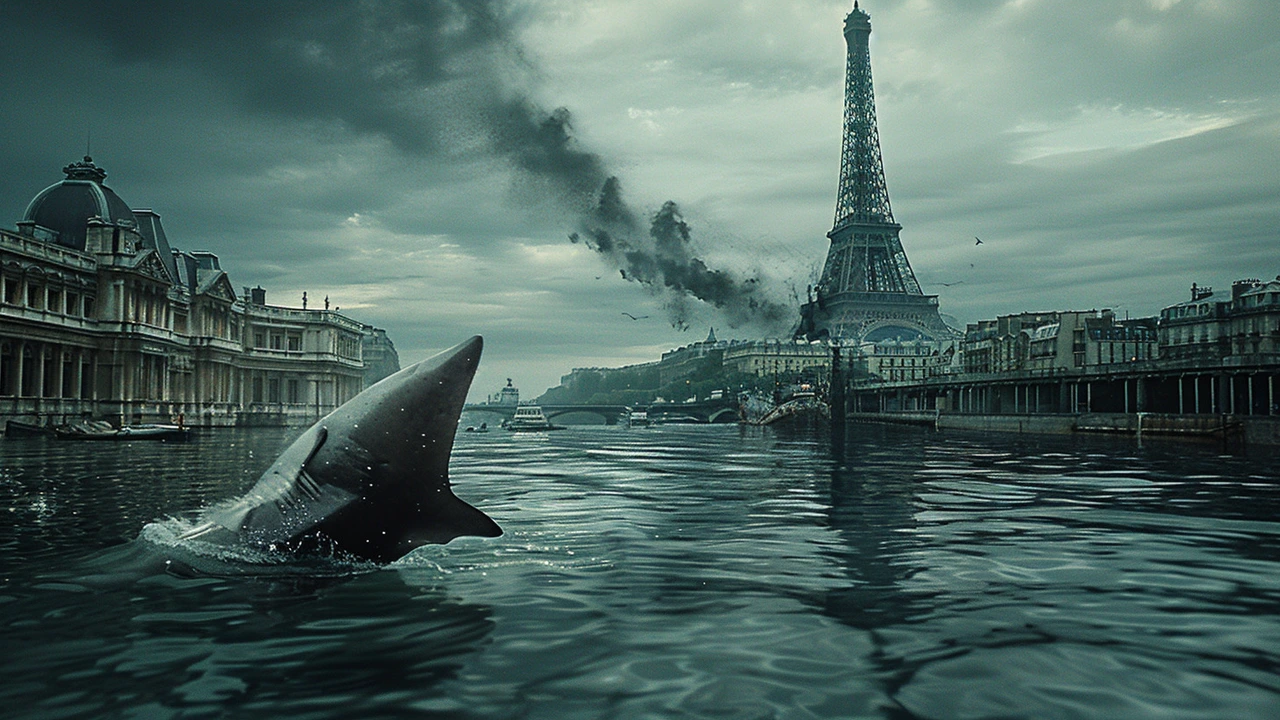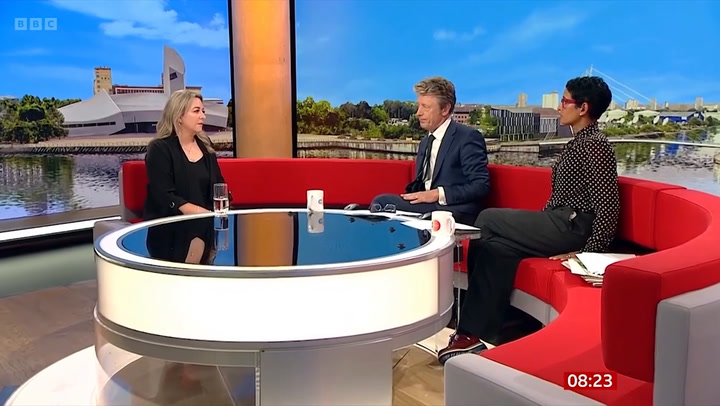
The classic Disney movie Mary Poppins has seen its age rating go up because of ‘discriminatory language’.
Movie ratings aim to protect young viewers from content that may not be appropriate for their
But the process of rating movies can be quite subjective and depends on various factors, including the era in which a movie was produced.
The British Board of Film Classification recently decided to raise the age rating for Disney’s 1964 classic, Mary Poppins, a move that has sparked a lot of discussion.
Many fans have voiced their dissatisfaction on social media regarding the updated age rating for Mary Poppins.
One person joked: “Now contains the song ‘A spoonful of wokeness helps the ratings go up’.”
Another commented: “Does anyone bother with the age guidance they didn’t in the 90s when I was six years old watching Hellraiser!”
A third shared: “If this is where the world is going we may as well give up now!”
The debate also made its way to X, previously known as Twitter, where a user remarked: “The BBFC raising the rating of Mary Poppins from a U to a PG 60 years after it was made, for discriminatory language… a word probably most people who’ve seen the film can’t remember hearing and don’t know what it is. Clown Shoes!”

The British Board of Film Classification has recently raised the age rating for the film Mary Poppins from U to PG.
“We originally classified Mary Poppins U on its release in 1964, and again in 2013 for a theatrical re-release. Most recently, the film was resubmitted to us in February 2024 for another theatrical re-release, and we reclassified it PG for discriminatory language,” the board explained to Metro.
They continued, “While Mary Poppins has a historical context, the use of discriminatory language is not condemned, and ultimately exceeds our guidelines for acceptable language at U. We, therefore, classified the film PG for discriminatory language.”
“For context, we only review (and potentially reclassify) previously classified content when it’s been formally resubmitted to us.”
This alteration in the UK rating is due to the film’s use of the term ‘Hottentot’ on two occasions, a term now considered outdated and offensive.
Oxford Reference describes the term: “Used to refer to Khoekhoe peoples of South Africa and Namibia. The term comes from Dutch, perhaps a repetitive formula in a Nama dancing song, transferred by Dutch sailors to the people themselves, or from German hotteren-totteren ‘stutter’ (with reference to their click language).”
“The word Hottentot was first recorded in the late 17th century and was a name applied by white Europeans to the Khoekhoe. It is now regarded as offensive with reference to people and should always be avoided in favour of Khoekhoe or the names of particular people. The only standard use for Hottentot in modern use is in the names of animals and plants.”
In the movie, Admiral Boom, played by Reginald Owen, employs this term when referring to the Khoekhoe people.
Specifically, Boom derogatorily calls chimney sweeps, who appear with soot-covered faces, by this term
If you enjoyed this story or article, make sure to share it with your beloved friends and follow Cat's Voice for more heartwarming content & Videos!

